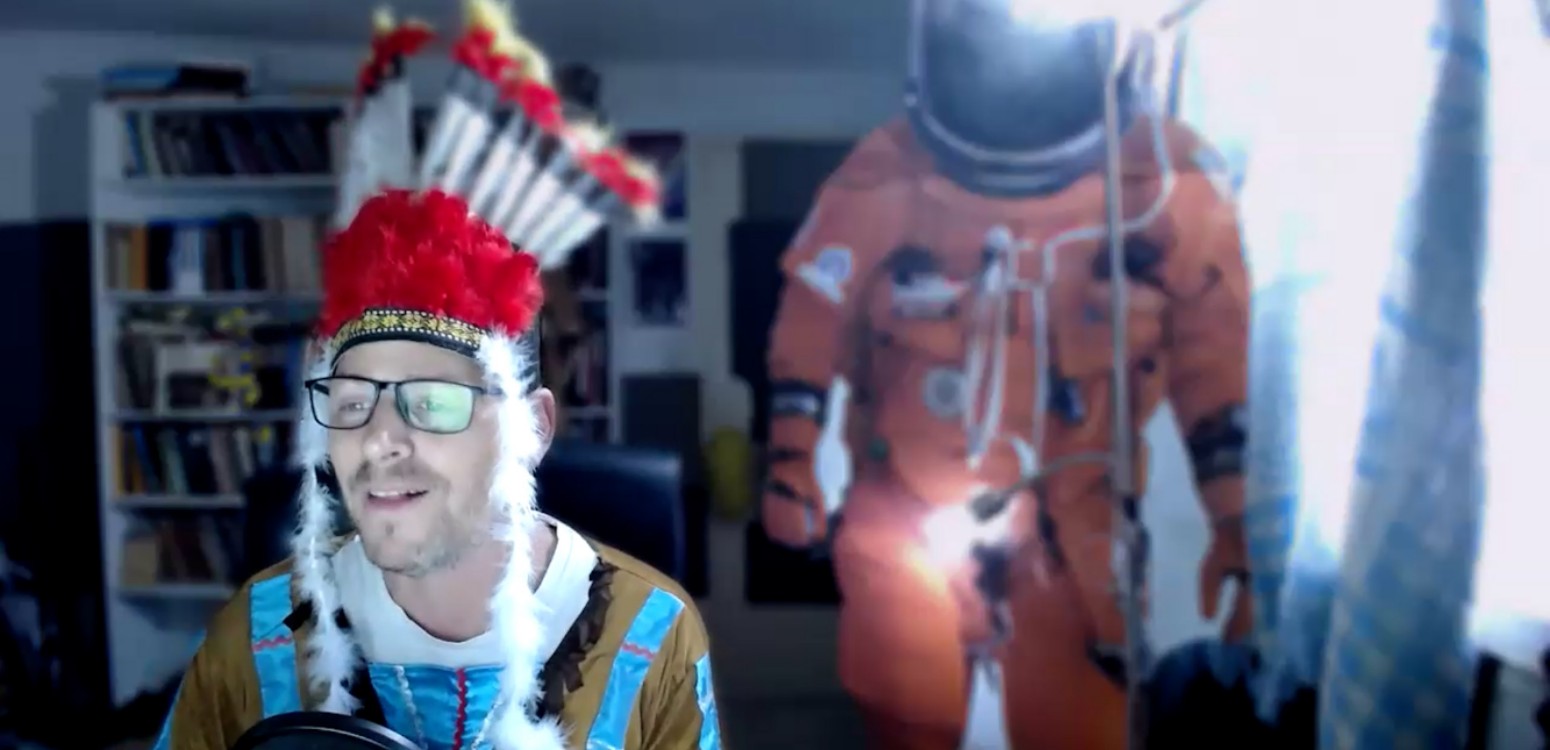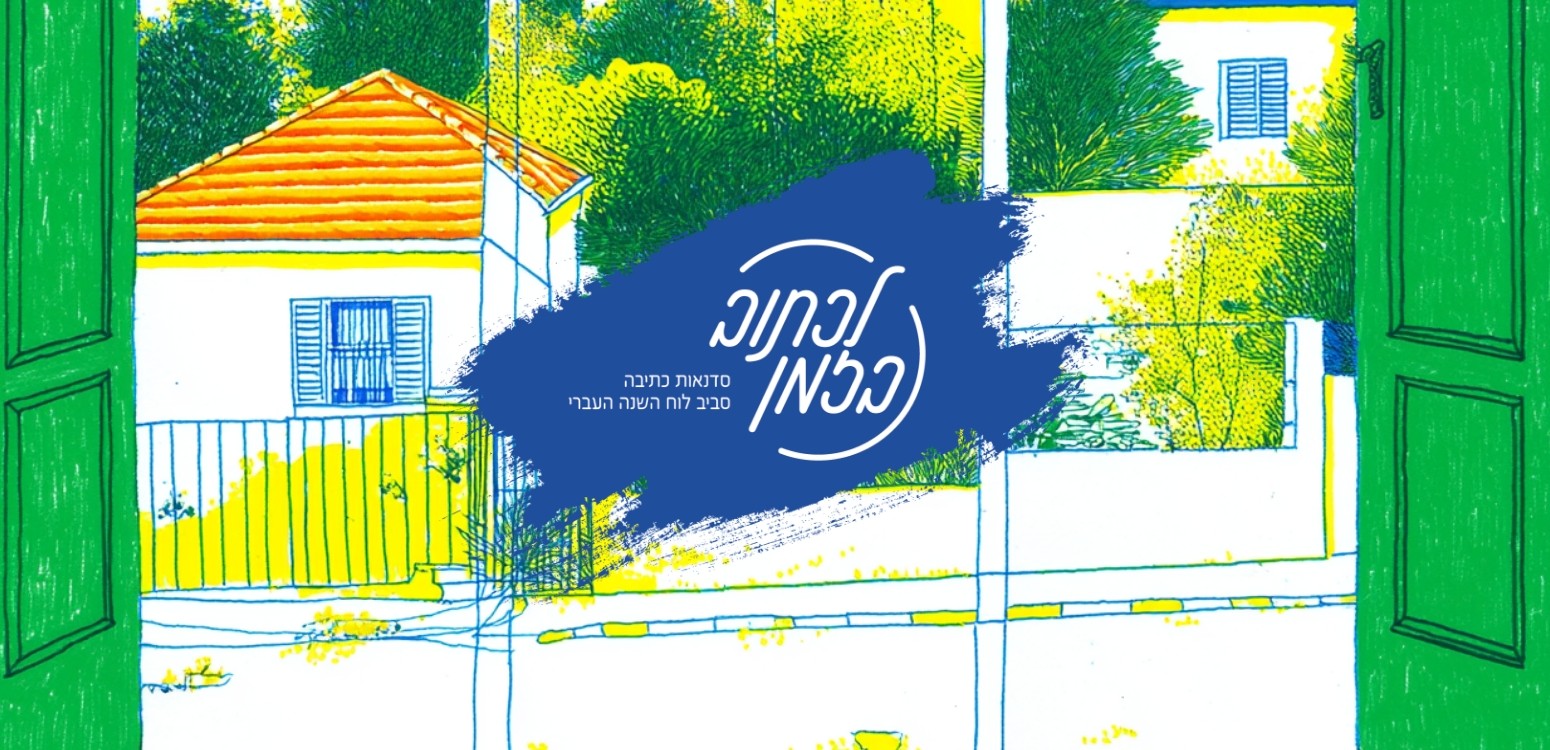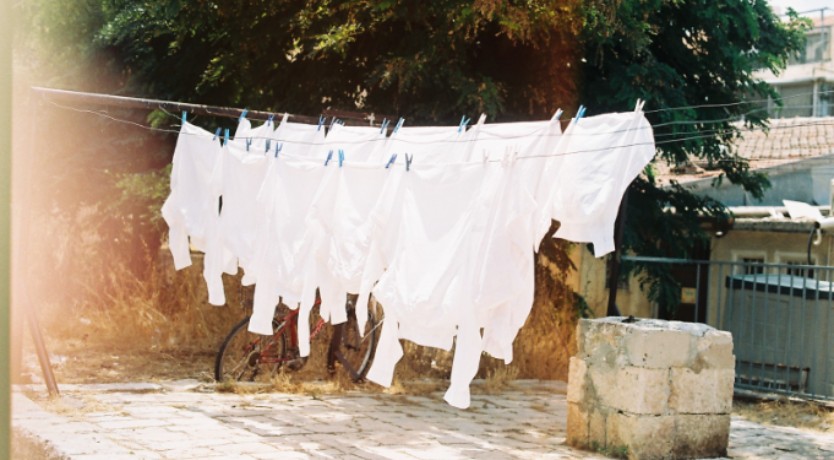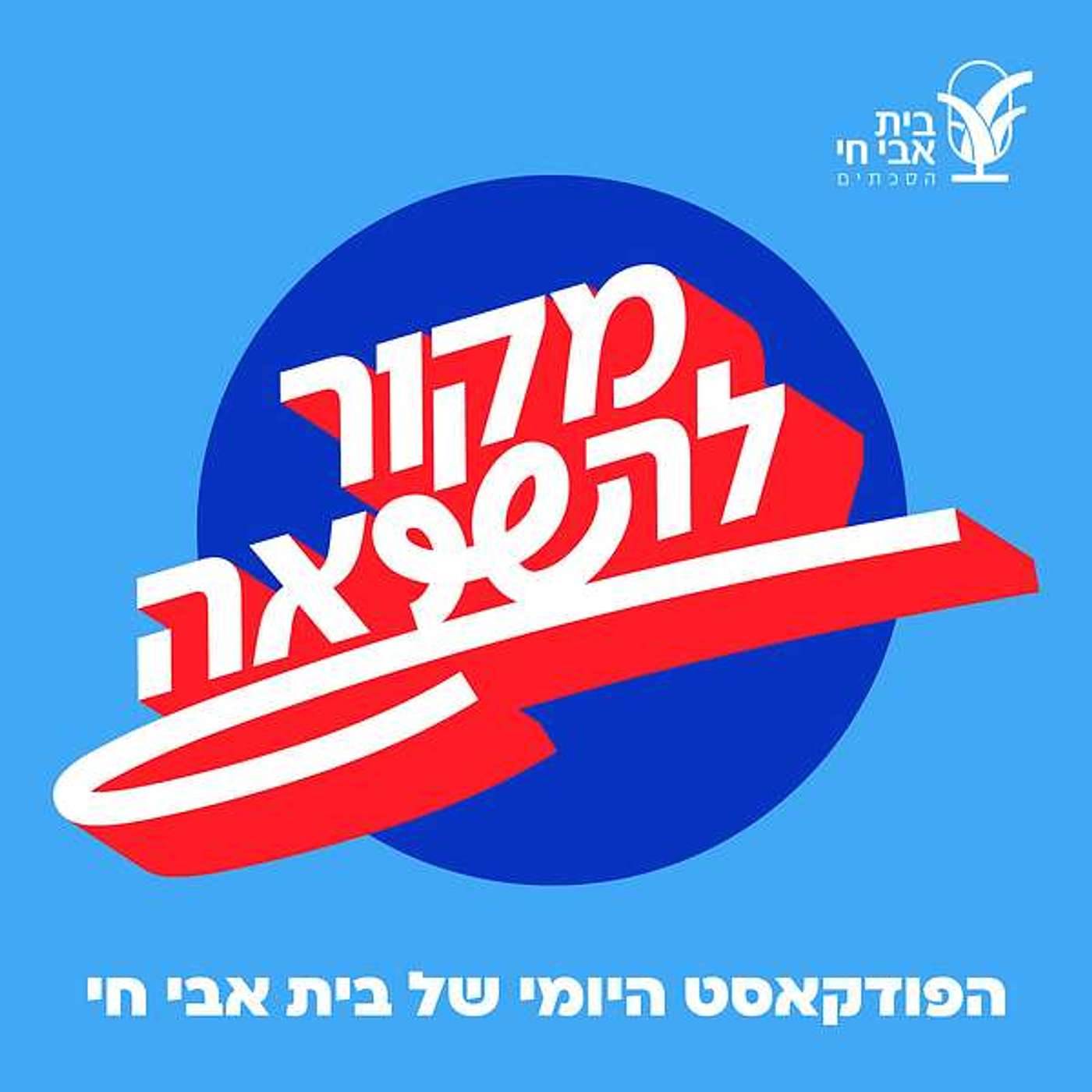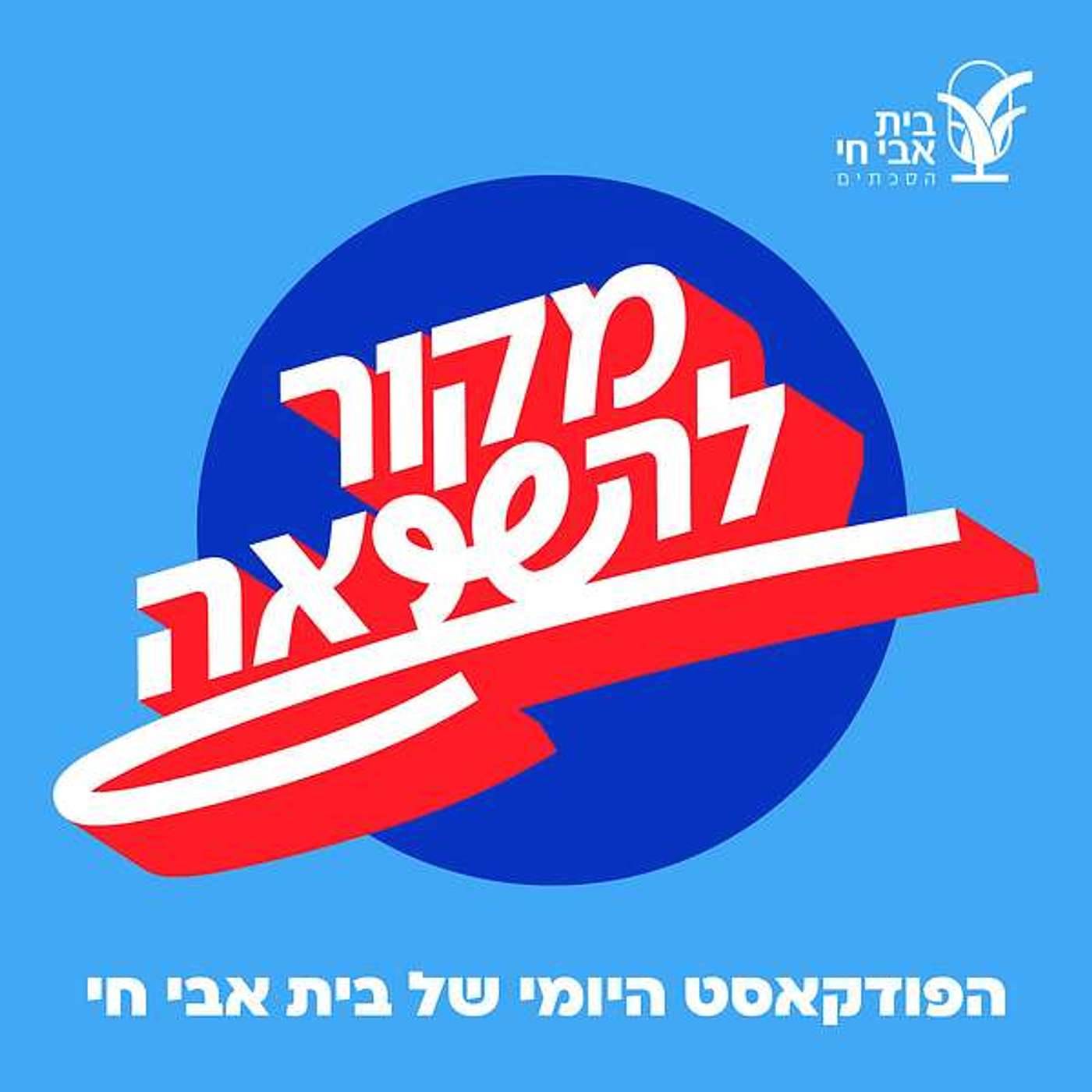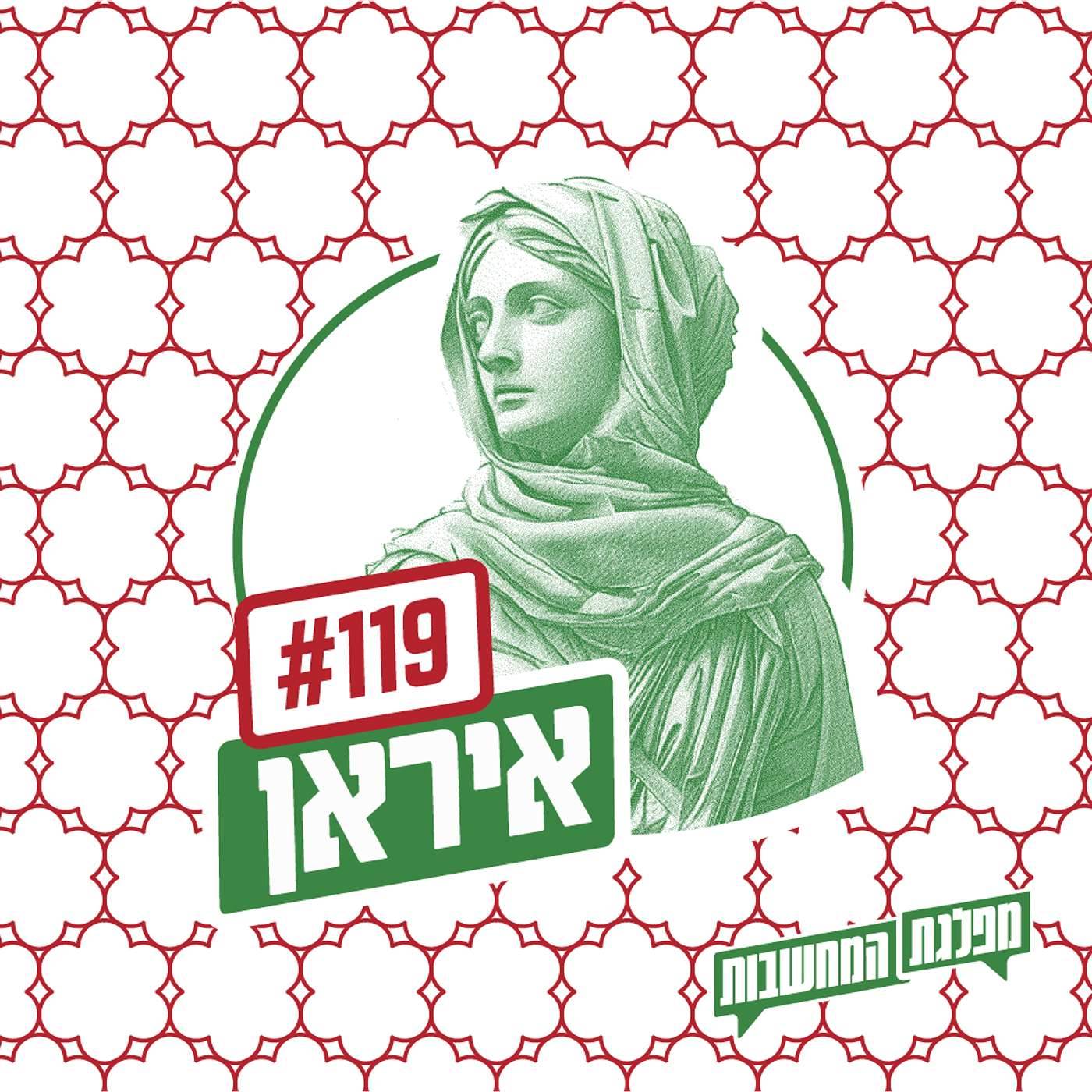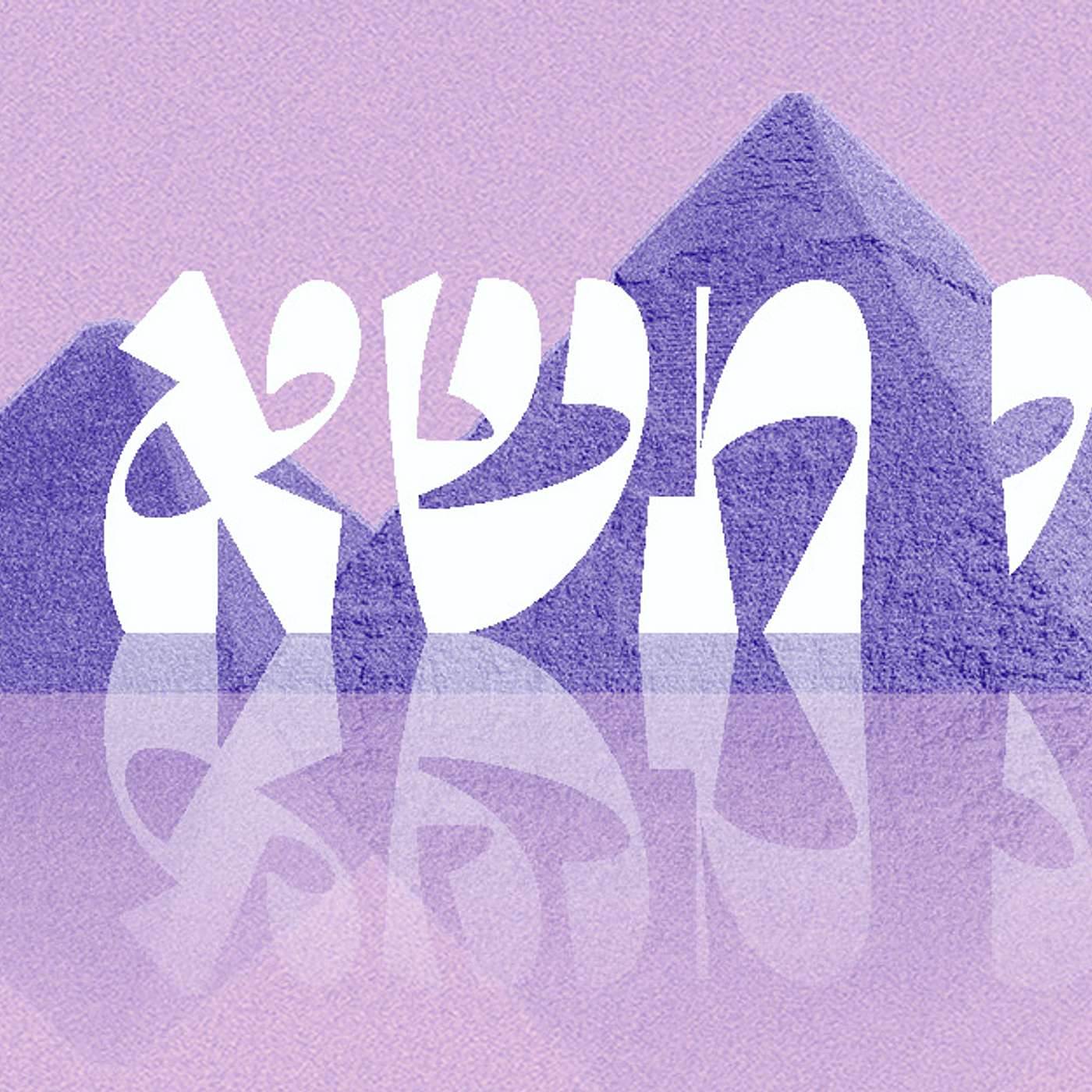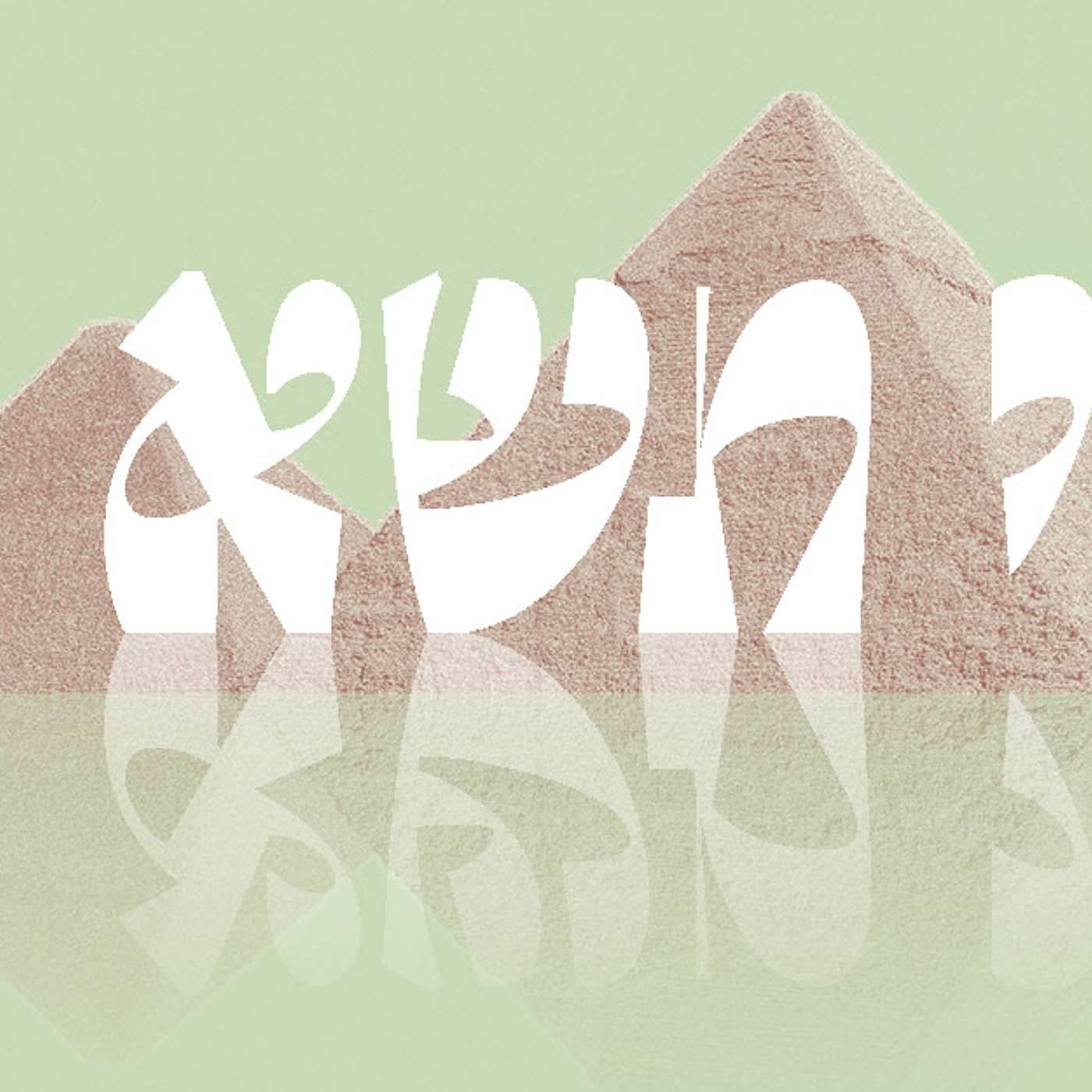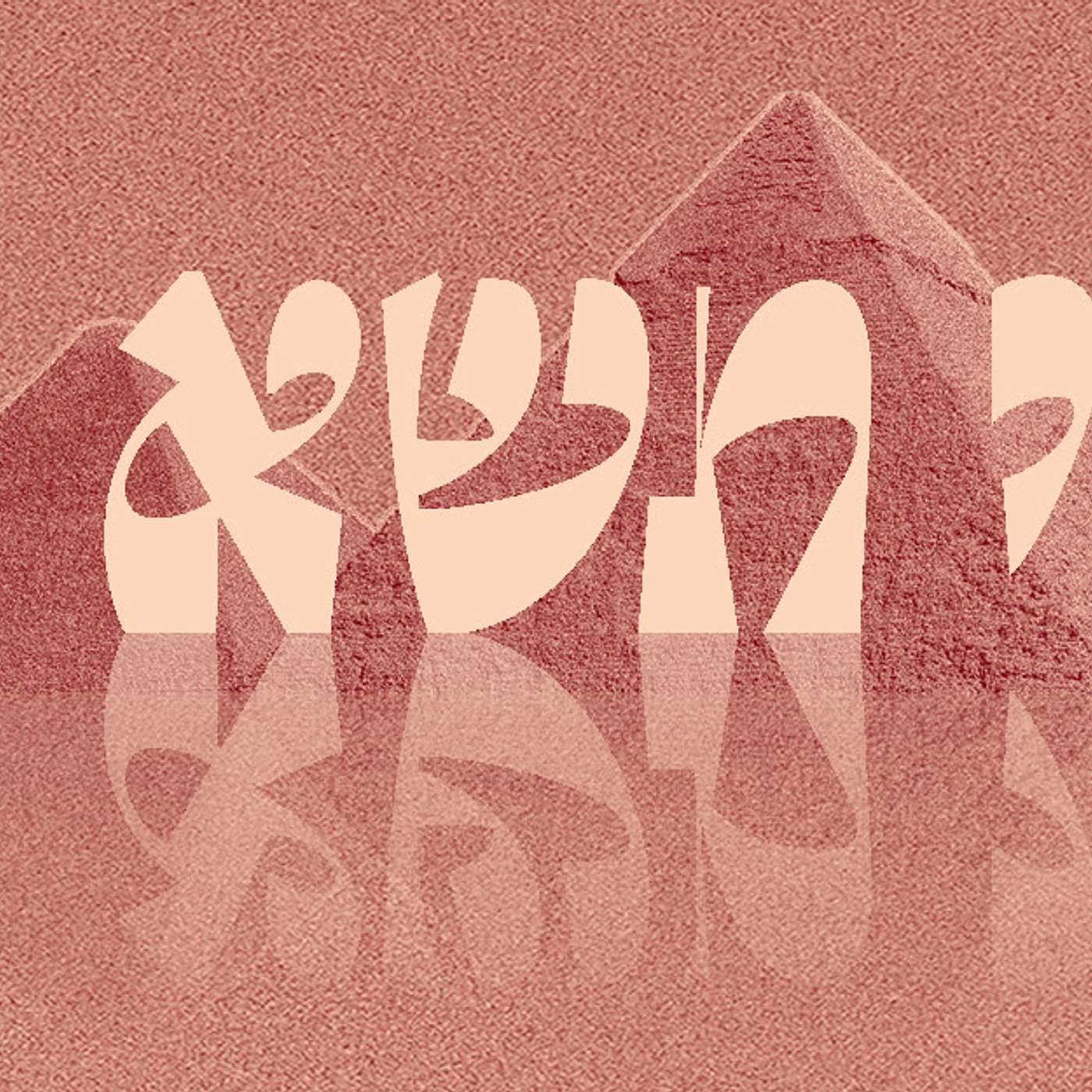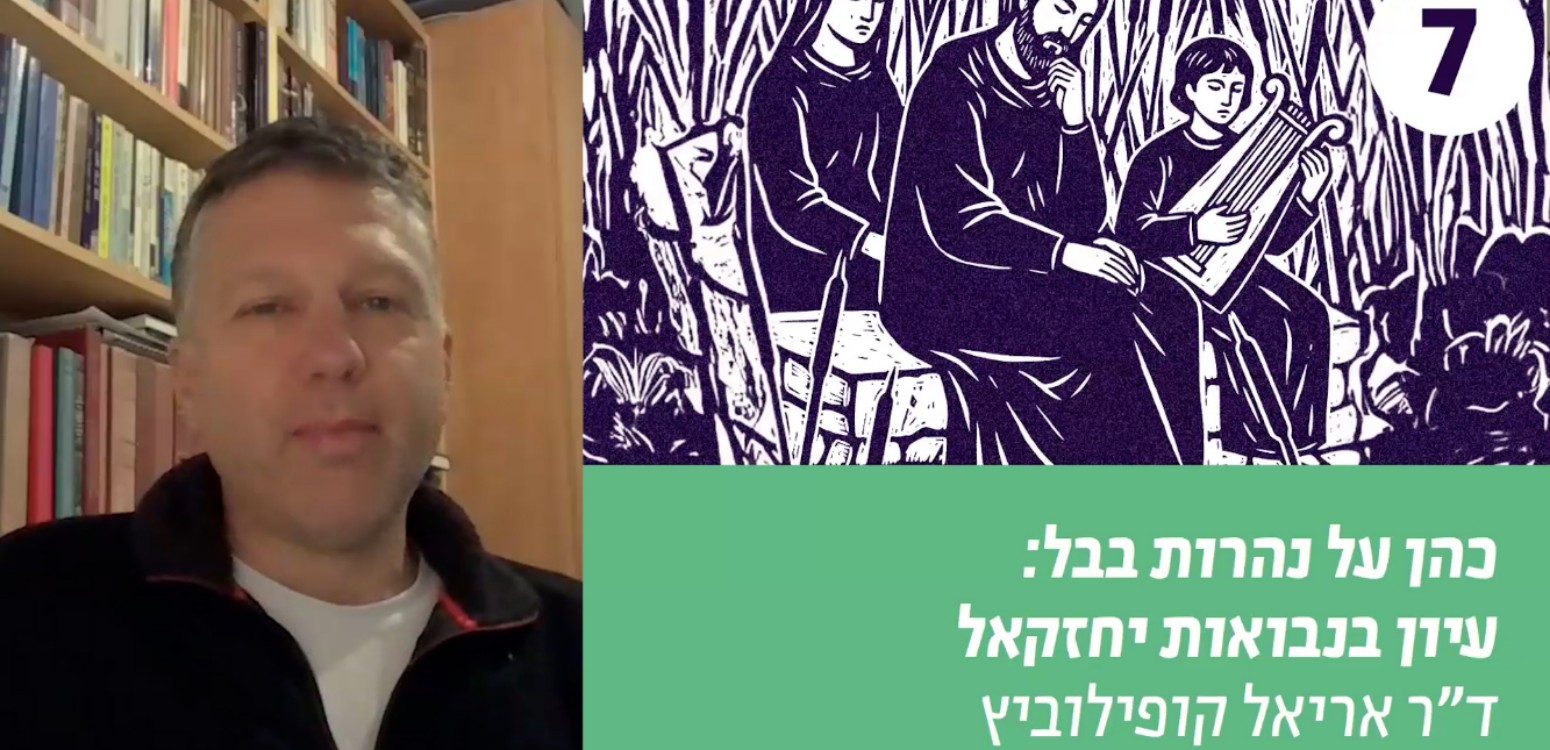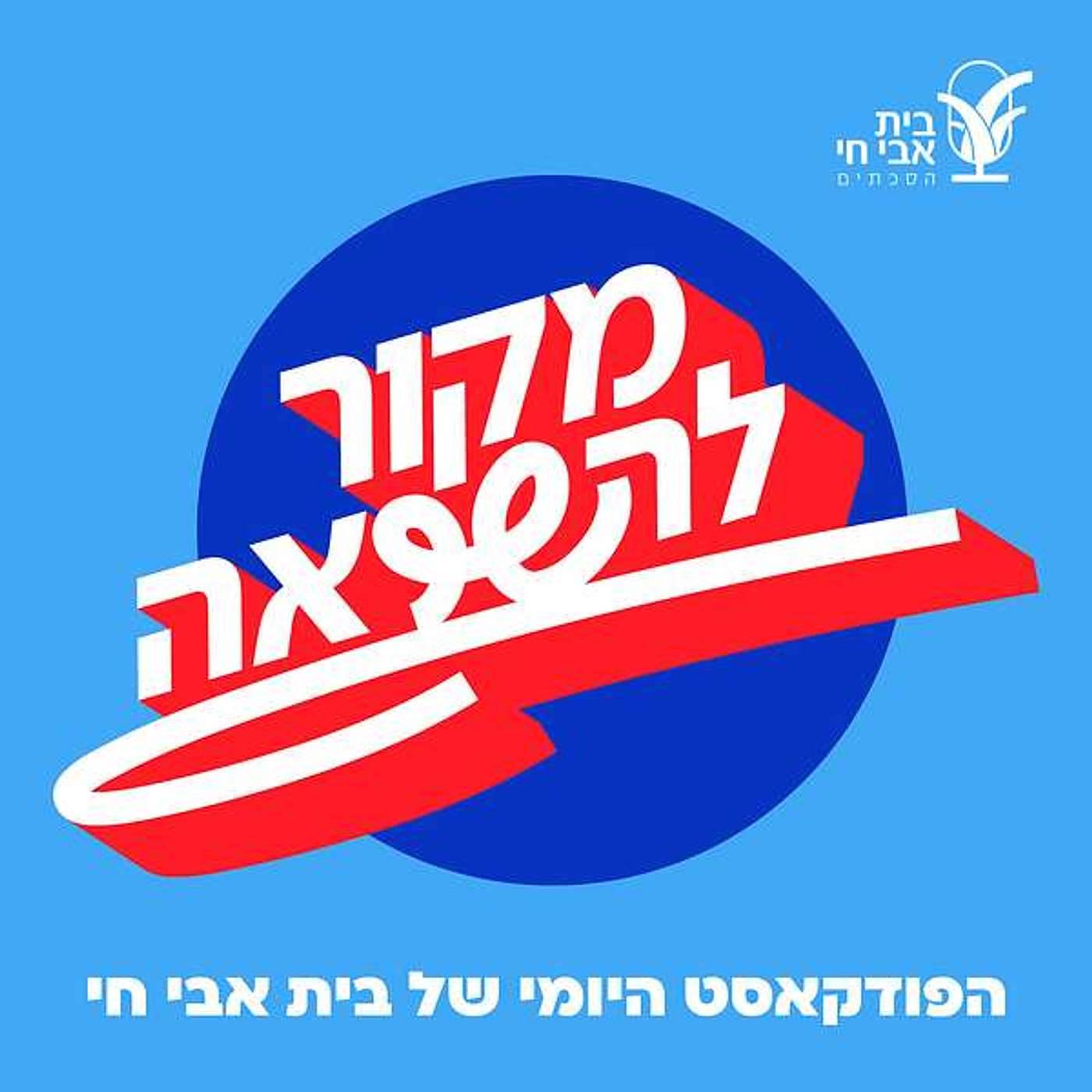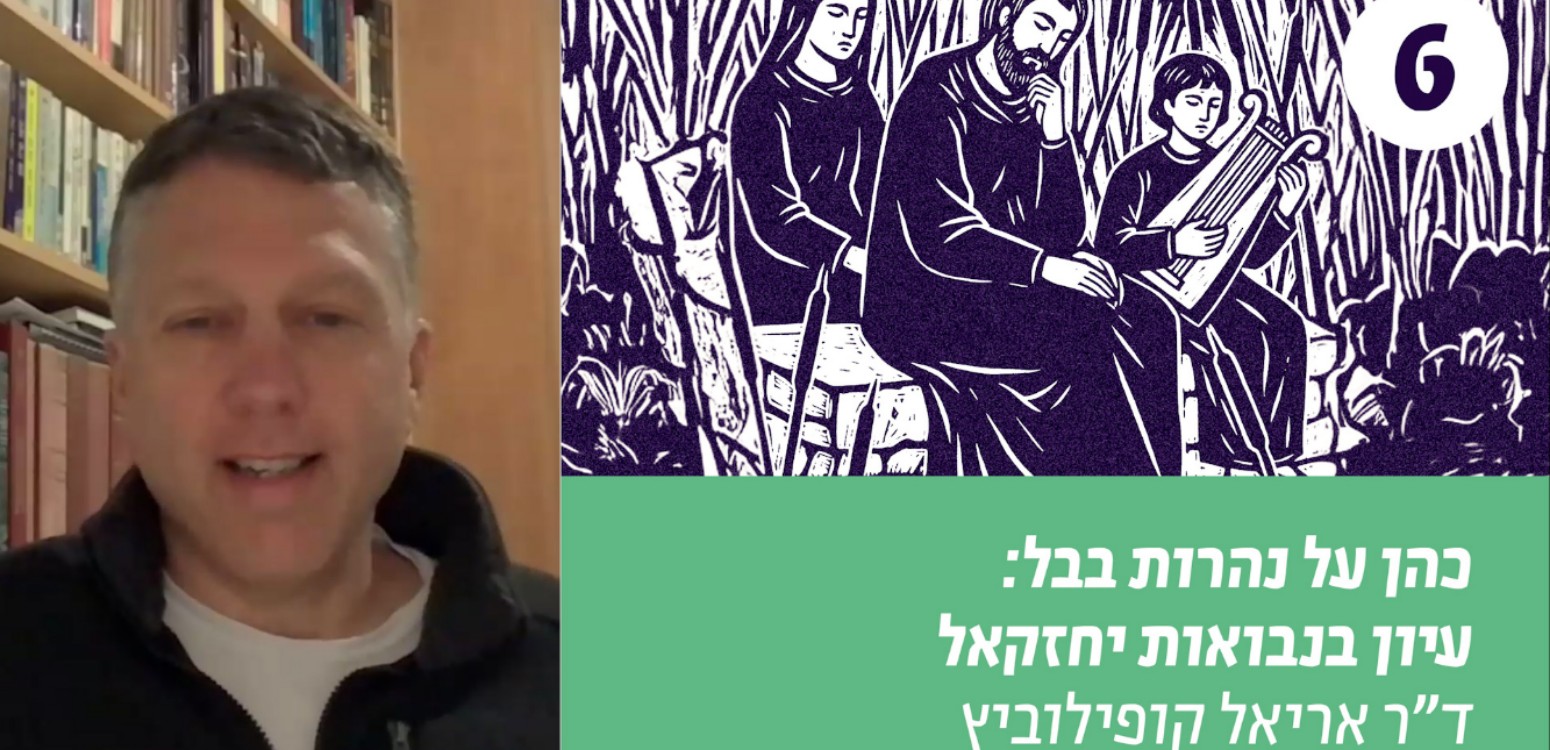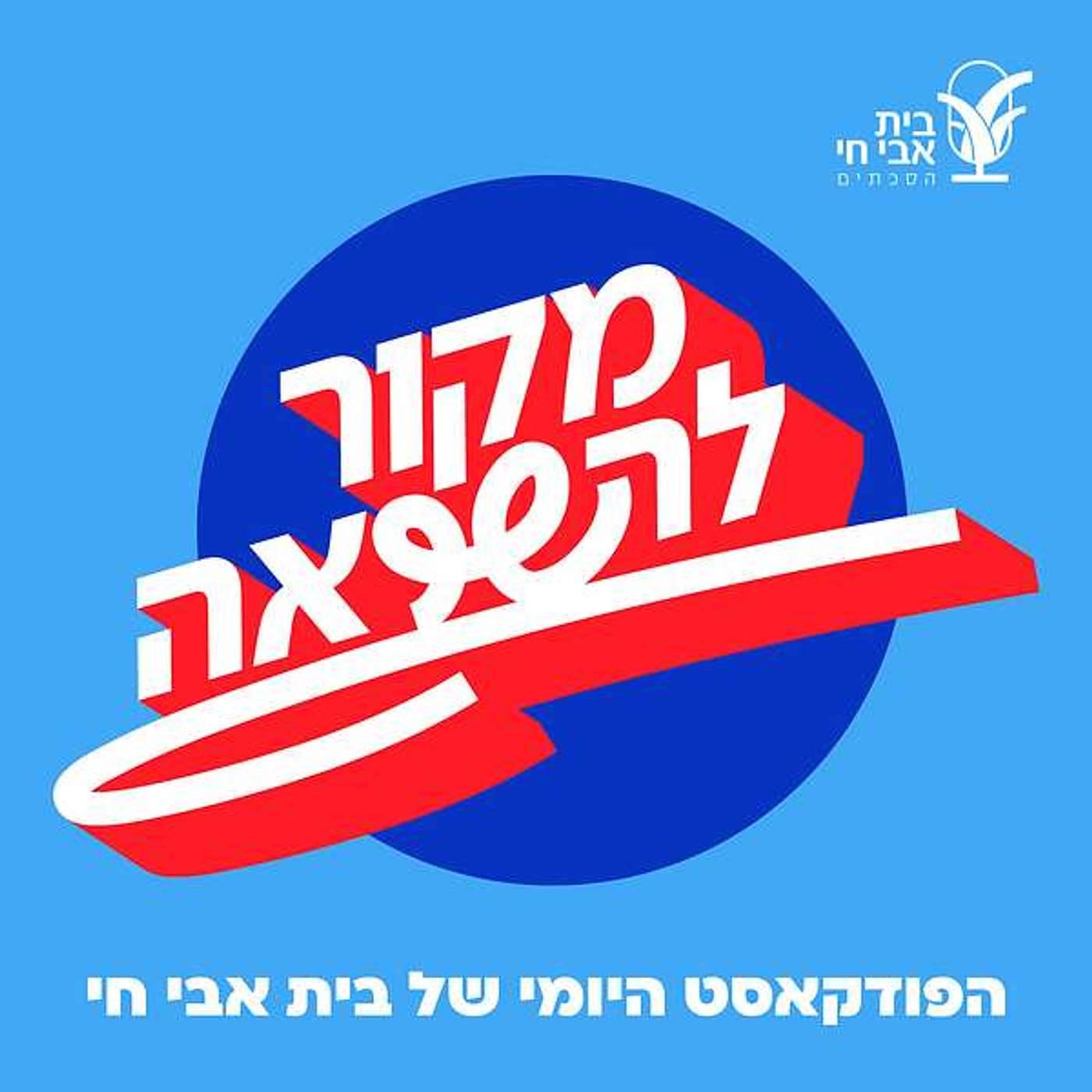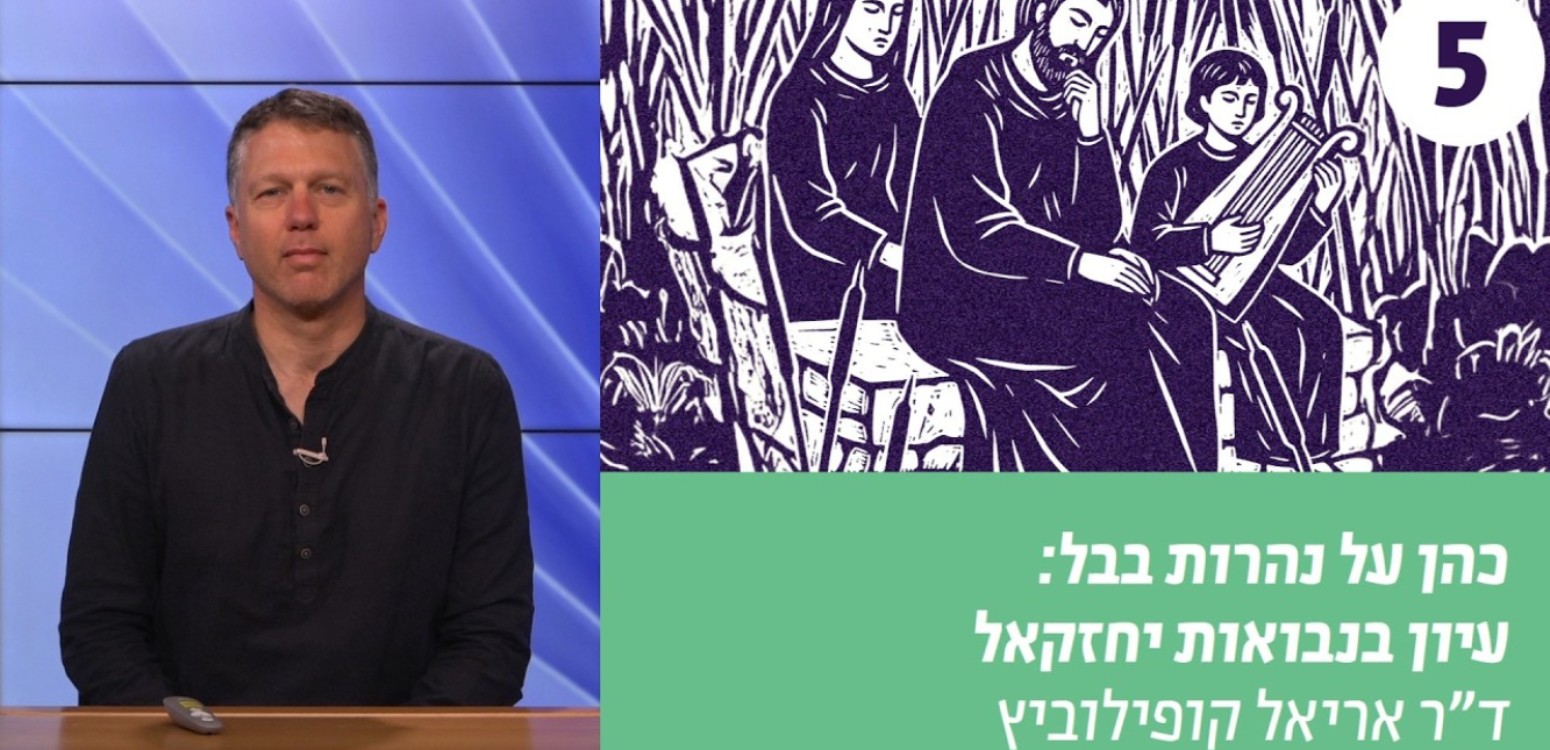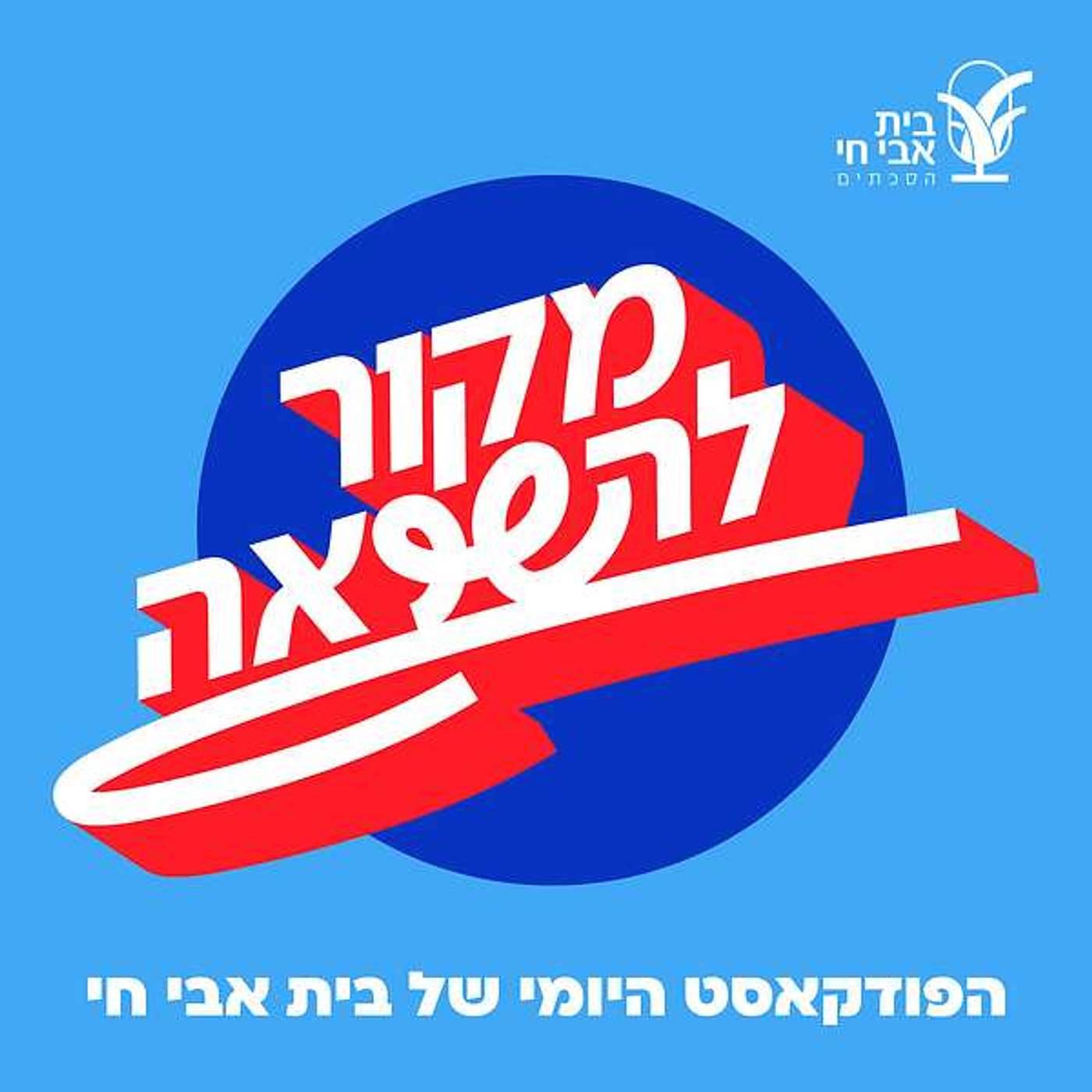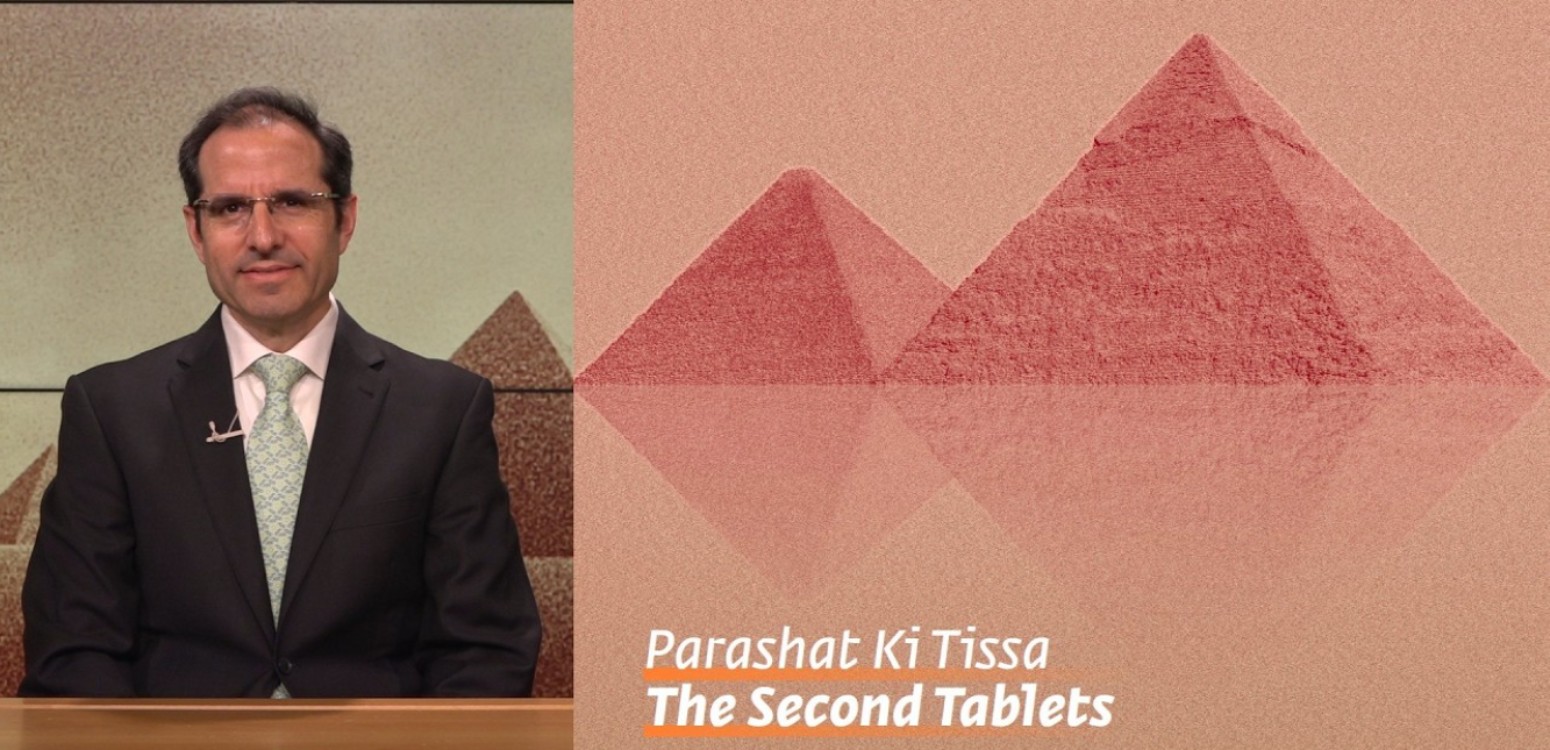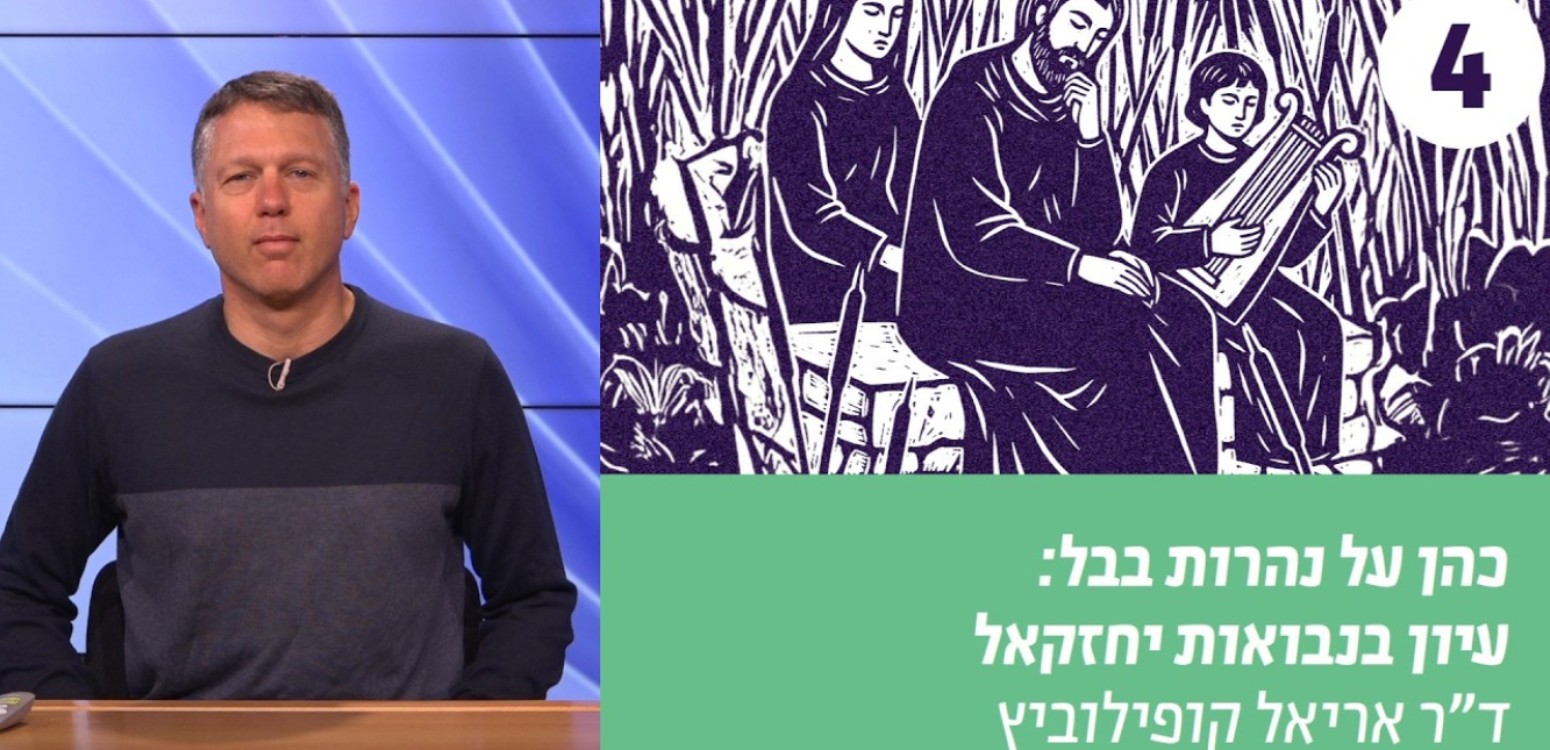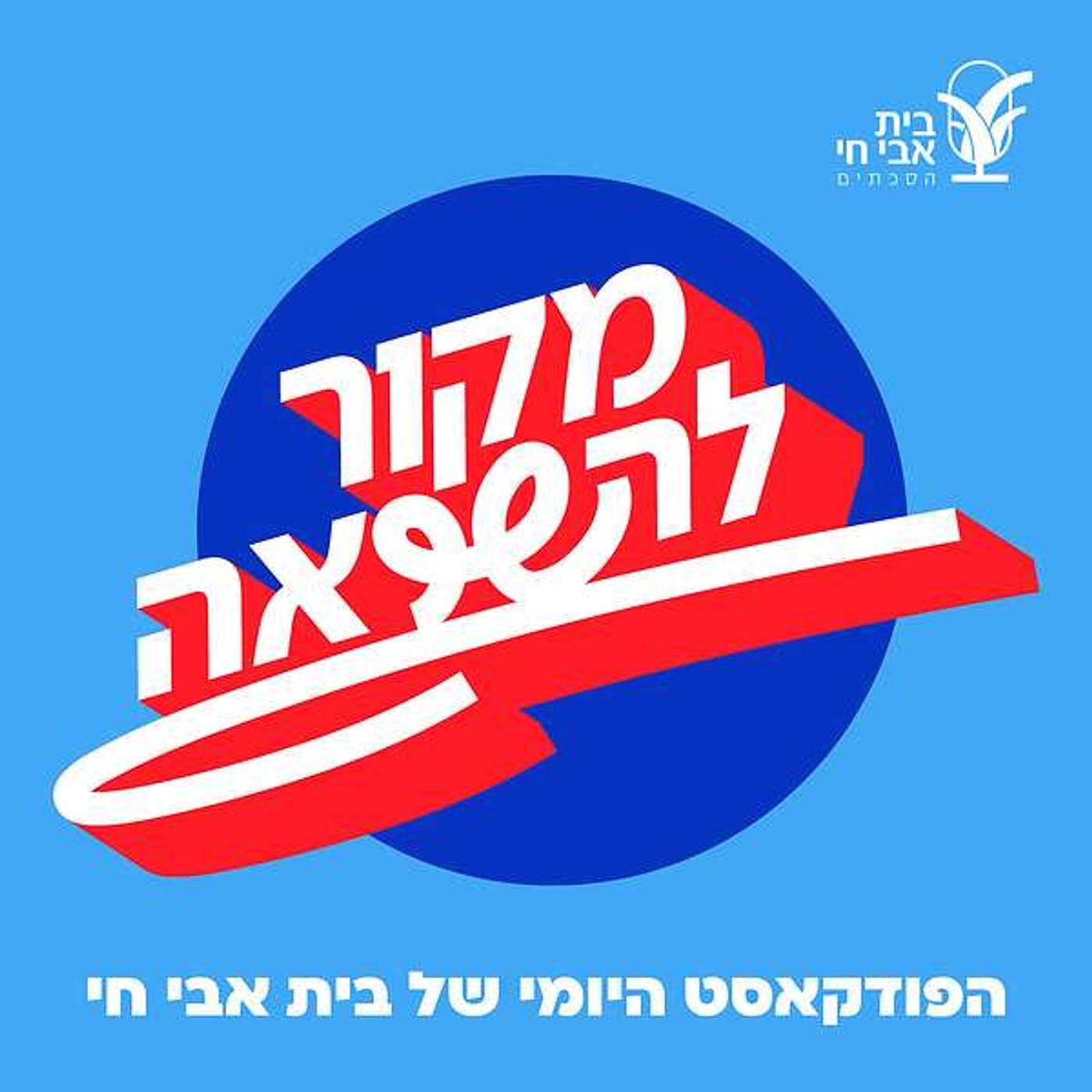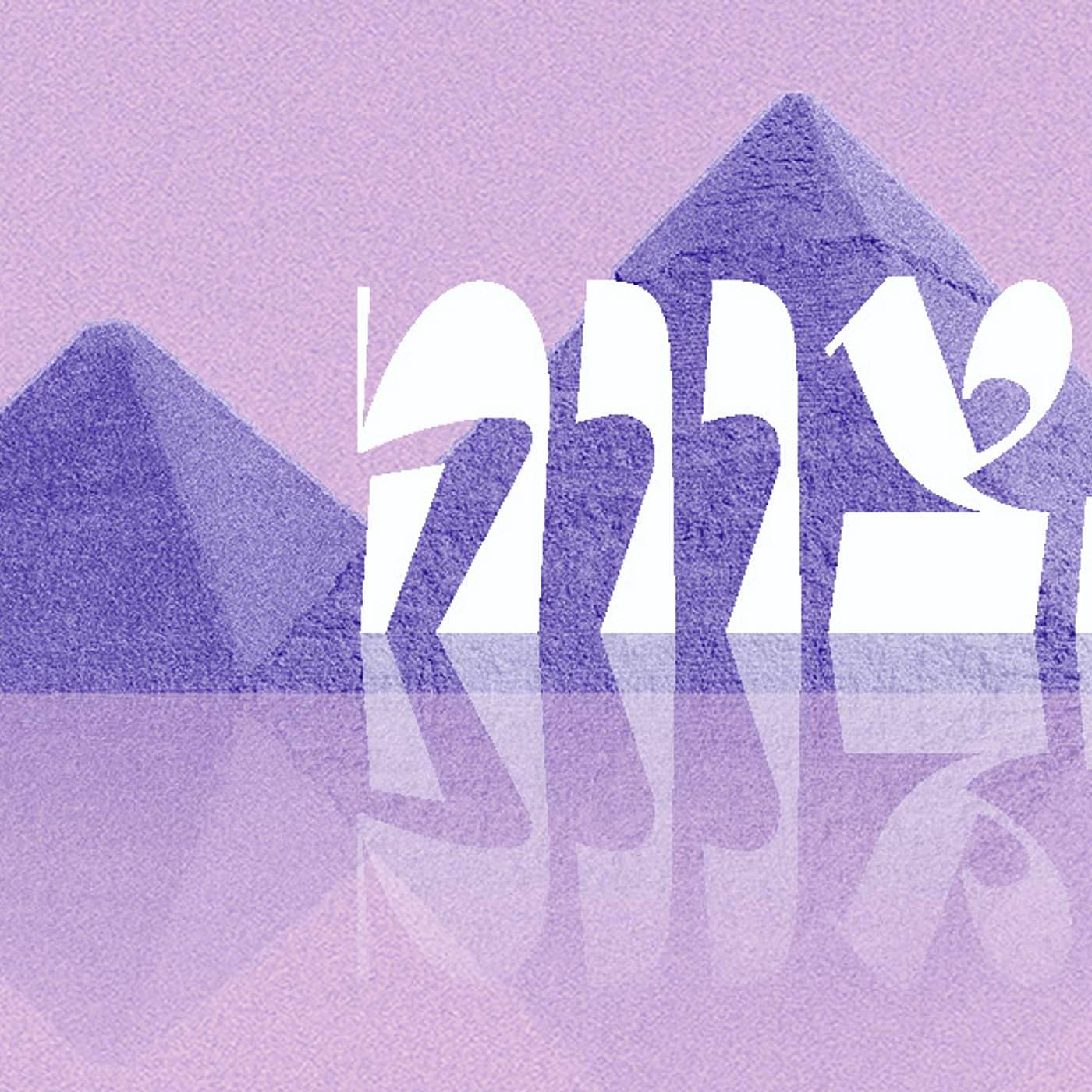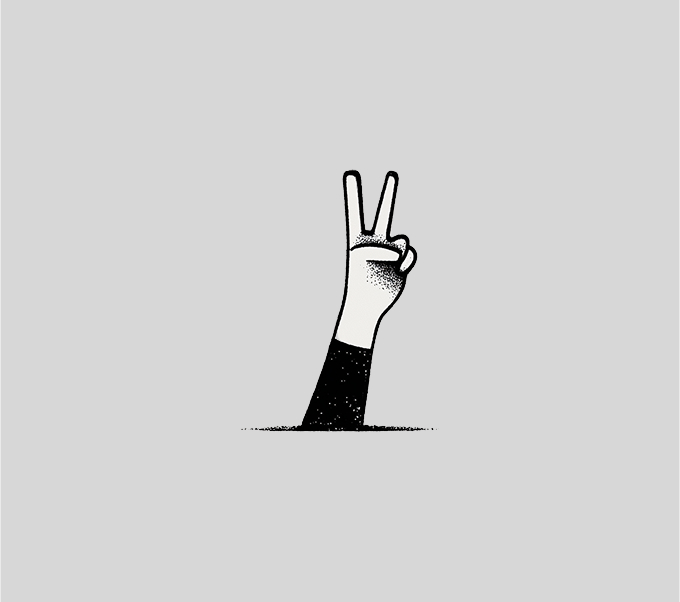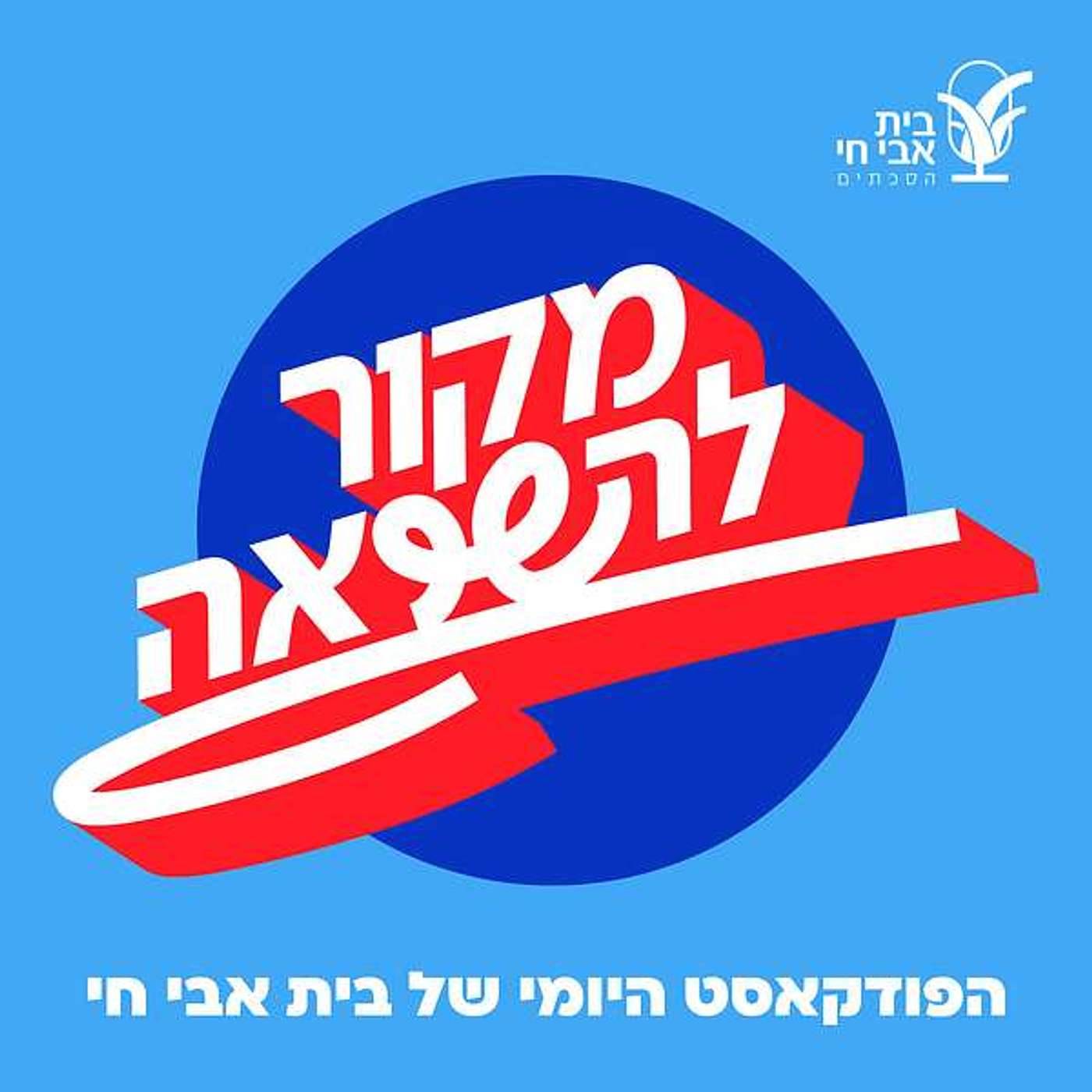
In memory of Uri Grossman
A moving animated clip on the ruthless character of Field Marshal Archibald Lalumba, a creation from the imagination of Uri Grossman z”l. The clip exposes the viewer to Uri’s internal world, which was suddenly cut down when he was killed in the Second Lebanon War, exactly ten years ago.
In memory of Uri Grossman
Uri Grossman z”l had a rich imagination; he was endowed with a unique and brilliant sense of humor. From a young age, he would invent colorful figures and fashion an identity for them. At the age of 17, Uri invented a fascinating and ruthless character – Field Marshal Archibald Lalumba. On his tests at school, he would sign his name as Uri A.L. Grossman.
Uri’s father, David Grossman, who shared Uri’s humor and creativity, thought that the Field Marshall was a fascinating character and invited Uri—in his fictitious identity—to a personal interview on the balcony of their home in Mevasseret Tsion. The conversation, which began as a routine exchange between father and son, quickly spilled over to wilder regions that are full of humor and sarcasm.
“The Field Marshal was a stupid and cruel king,” recounts David Grossman. “He was a corrupt dictator who was in love with himself and would abuse his subjects. The feeling was that with this character Uri had shed light on a deep personality trait of more than a few megalomaniac rulers, who were frighteningly real. I had more than a few revealing conversations with the Field Marshal and one day, four months before Uri joined the army, I told him – Let’s once and for all do a formal interview with the Field Marshal. And so, during three official sessions on the balcony of our home (feet up on the railing, bottles of Stella beer between us), I wrote down what he said in a notebook, selected descriptions of the bloody history of an insane dictator.”
Creators: Noam Nadav and Noam Meshulam – Studio PitchiPoy Music: Adi Cohen Narration: Idan Alterman
Uri was drafted into the Armored Corps and advanced to the position of tank commander. In July 2006, four months before the end of his service he was planning to travel with his family to Guatemala, but then the Second Lebanon War broke out and he went up the Golan Heights with his battalion.
In July 30, 2006, his tank was the first into Lebanon and for two weeks it operated in Lebanon. On Saturday night, August 12, 2006, during the final hours of the war, while on a rescue operation in Khirbet Kassif in the eastern sector, his tank was hit by an anti-tank missile fired by Hezbollah. All of the crew were killed: Major Baniya Rein, Staff Sargent Adam Goren, Sergeant Alex (Sasha) Bonimovich and Staff Sergeant Uri Grossman.
Prior to the tenth anniversary of Uri’s death in the Second Lebanon War, we requested that some excerpts from the interviews between David and Uri be made into a short animated/filmed clip. The illustrators Noam Nadav and Noam Meshulam of Studio PitchiPoy agreed to create the clip and Idan Alterman, who knew Uri well and liked him very much, agreed to do the narration.
“The Field Marshal” is not a classic memorial clip that describes Uri’s life but rather it shines a light on his essence, on the way he thought, on the complexity with which he viewed the world,” says Yotvat Feieresen-Weil, the editor of Beit Avi Chai’s website.
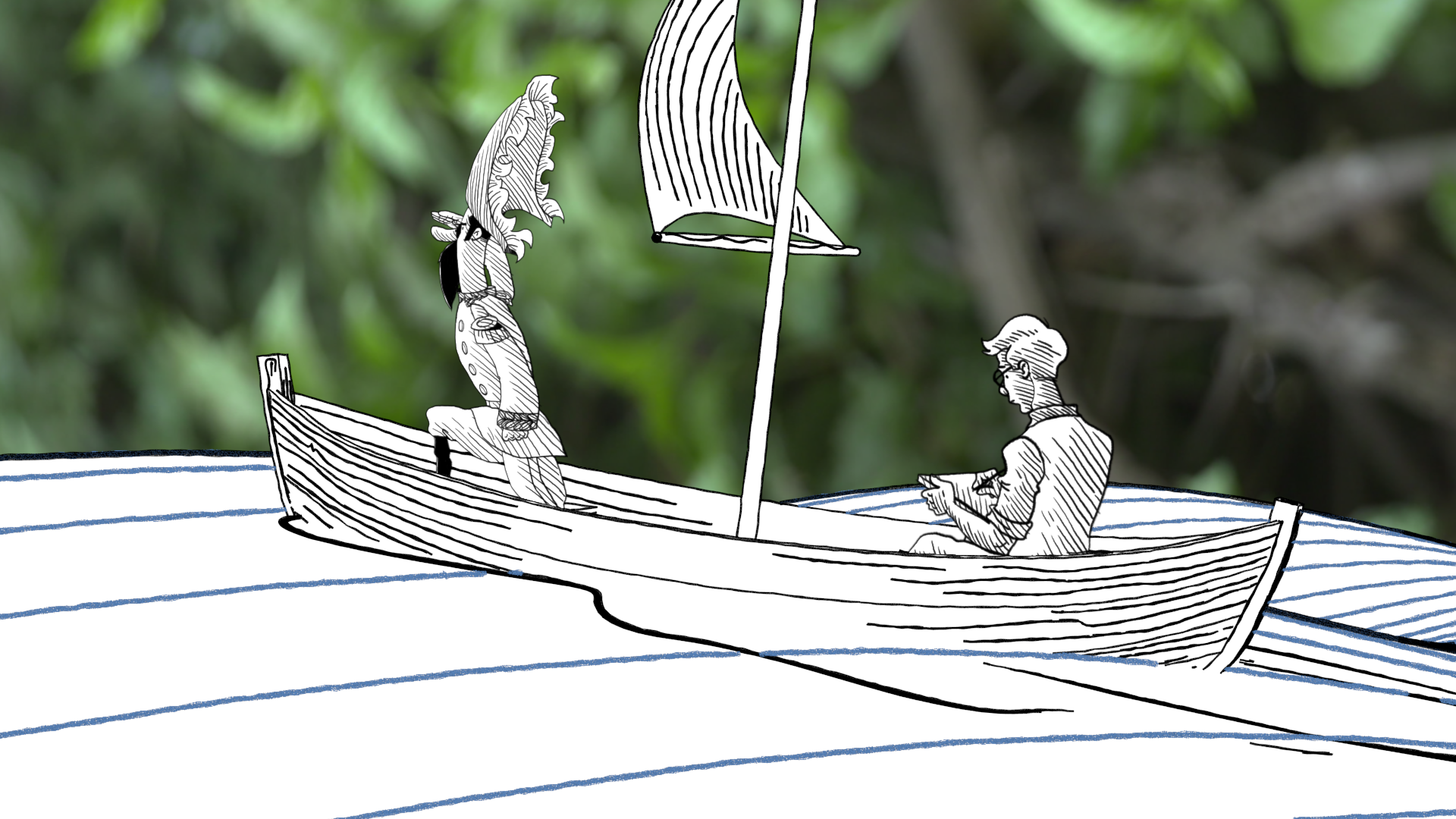 |
“So far, as part of the memorial project “A Face. The Day. A Memory”, we have created dozens of animation clips based on the memories of the fallen.”
“The work on “The Field Marshal” was the first time that the main partner in the process was no less than Uri himself. It is difficult not to wonder what works Uri could have written, what plays he could have acted in and how much we have lost, as individuals and as a collective, as a result of his death. We don’t focus on his heroic death and the pain that remined after his death but rather we choose to remember him by means of a wild and free-ranging creation from Uri’s imagination. Alongside the sarcastic plot, there is a thin veil of pain for the reality in which we live.” Or as David Grossman described it: “We thank the whole wonderful staff that created this funny and chilling clip, which can be viewed as a protest film.”
A Journey to Nonsense: Comments by the artists
Noam Meshulam: “When I first read Uri Grossman’s texts, which are part of the transcript of the conversations between him and his father, I was impressed by the dense and rapid-fire sentences filled with intensive and provocative characters and ideas. There is a misleading respite and then again you get whipped with cruel witticisms. The text zigzags you to an uncertain place and it masquerades as nonsense.
When you’ve read it a few times, the fog starts to lift. The character of the Field Marshal emerges clearly and lucidly from a tangle of words, with a precise message and solid stories. But I didn’t have any idea how to make all this into a clip. I was lucky to have Noam Nadav with me who already knew the material. He and the staff of Beit Avi Chai had already been involved in the project for a couple of months. Noam’s drawings gave a face and a character to the characters and the satires and organized them as the best kind of raw material for animation.
This was a journey of several months to the island of the unknown. We didn’t always see it on the horizon nor did we understand where it was, but we got to it and we loved it. The young animators and his wonderful family were with us on the journey, as was Uri, of course.”
Noam Nadav: “Everything started in the Grossmans’ living room. We sat and talked about Uri and about the script and David said that he had something else to show us. He went out for a minute and came back with a notebook. Inside were the handwritten, nutty exploits of Field Marshal Archibald Lalumba. I was immediately captivated by the black humor and I said that this story needs to be a clip for Beit Avi Chai.
I need to say something about my partner in the endeavor, Noam Meshulam. Without him, this project would have never been born, never. Without his tendency to jump without a parachute, I wouldn’t have dared continue beyond the original script. And he also understood how the clip should be made, in a more fundamental sense of a trained professional. And here is a disclosure: I met Uri once, a bit more than 20 years ago. David wanted me to illustrate a children’s book for him, but before that I had to meet his two children – Yonatan and Uri. And in the meetings in their parents’ house in Beit Hakerem, I sat and I answered their piercing questions. Apparently I was OK since afterwards I did illustrate the book.”
עוד בבית אבי חי

